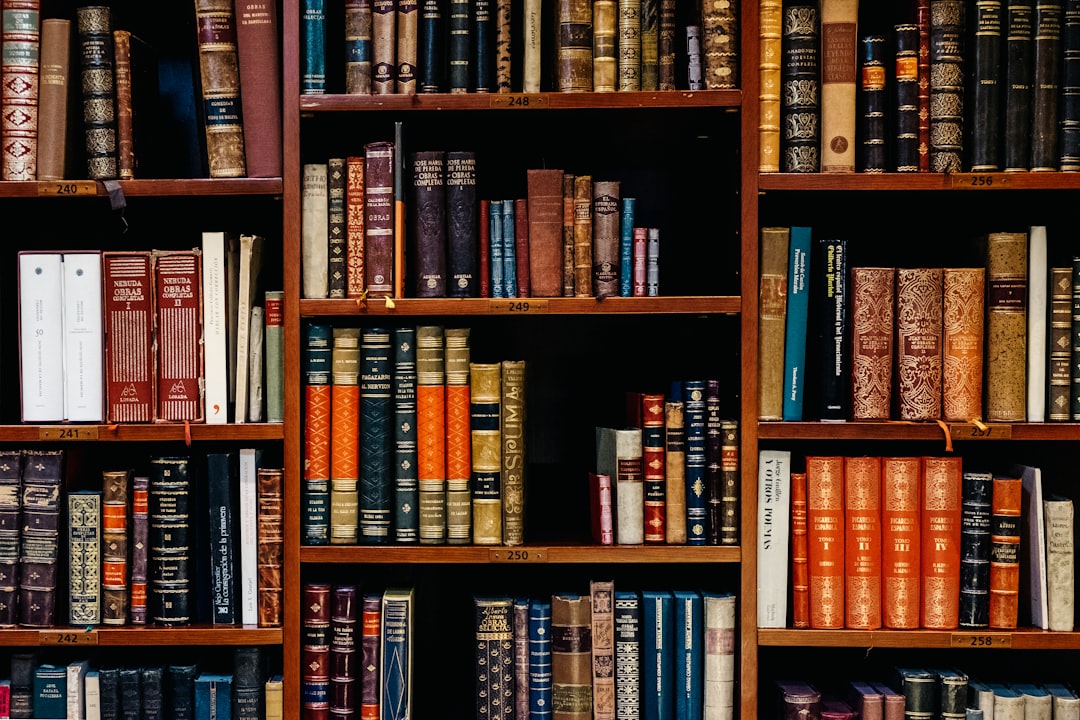
If you are a fast reader, more power to you.
I’ve tried speed reading, trying to look at paragraphs instead of words. Scanning with my finger moving a quick line down the center of each page. Or looking at first sentences of paragraphs and scanning the document that way. Or looking at titles and headings only. Or getting the Cliff Notes version, and then scanning that.
And what’s the point?
It is hurrying with the illusion that there is something more important I could be doing.
Now I get the problem of assignments and work load and that there is more work to do than the time to do it in, and sometimes you just have to get through things the best you know how, but there are residual problems with this kind of high pressure reading.
It can result in not wanting to read for pleasure, or even knowing or remembering what this once was like. It is losing the ability to converse with the page. And when this is lost, what do you suppose is the first type of literature to be dismissed?
Poetry.
The reason is simple. Poetry is the compacting of content into an organization of words. It can involve the use of words, not only to convey information, but also to provide a musical experience through rhythm as well as rhyme schemes.
As individual words are weighted down with greater meaning and significance, the pace of reading slows of necessity. And so, in our instant gratification world, there is no time for this sort of nonsense.
This is why there is a division between those who attend college to study science and those attend to study the humanities. It used to be that the word “University” meant “the whole, the universe of knowledge.” It was the community of scholars. This was old-school thinking.
Today higher education is about qualifying for a well paid position. It’s about getting what you need to graduate but limiting the classes outside one’s field to control cost.
Those who are of a “practical” “utilitarian” mindset gravitate to hard science disciplines. Those who don’t do well on multiple choice and fill-in-the-blank tests will gravitate to the essay form of expression and find themselves somewhere in the humanities thanking God for spell check. Being odd myself, I took both. It was indeed the road less traveled, but it showed me what both sides were missing not appreciating the differences.
What really makes this sad is that both disciplines are important to mental health and happiness. Our brains need to be able to function well and be content to a reasonable level in both scientific subjects as well as the humanities. It is healthy to be able to balance a checkbook and appreciate a poem.
And here is a fascinating reality. Most of what you learned in college you will never use. True you will probably leave with a degree or two but your life will more or less be joyful based on your ability to wonder.
Did your education increase your wonder of this world or suck it out of you?
I submit that the group who maintains the childlike wonder and curiosity, which also feeds into creativity, will find life infinitely more enjoyable compared with the majority who simply studied to regurgitate answers for a test.


